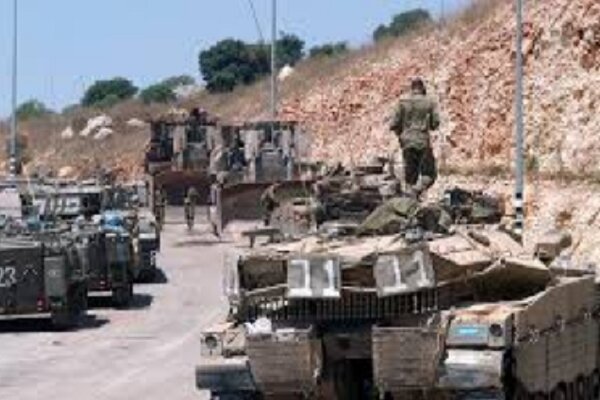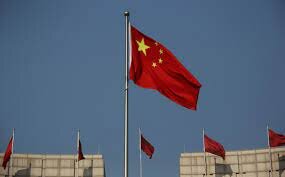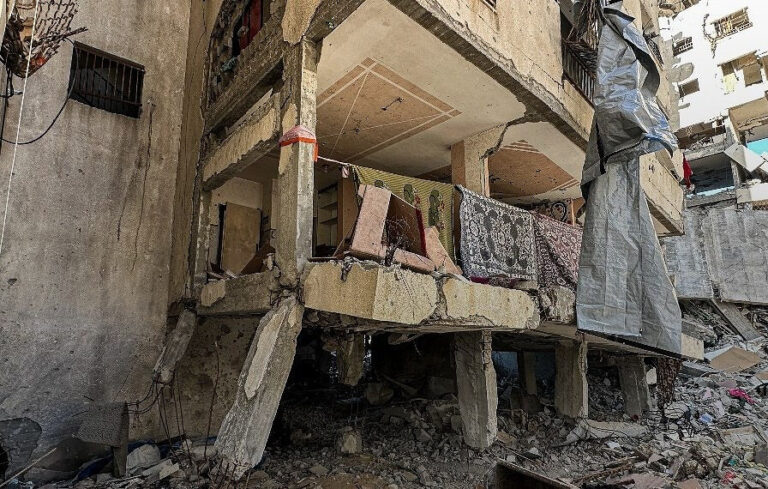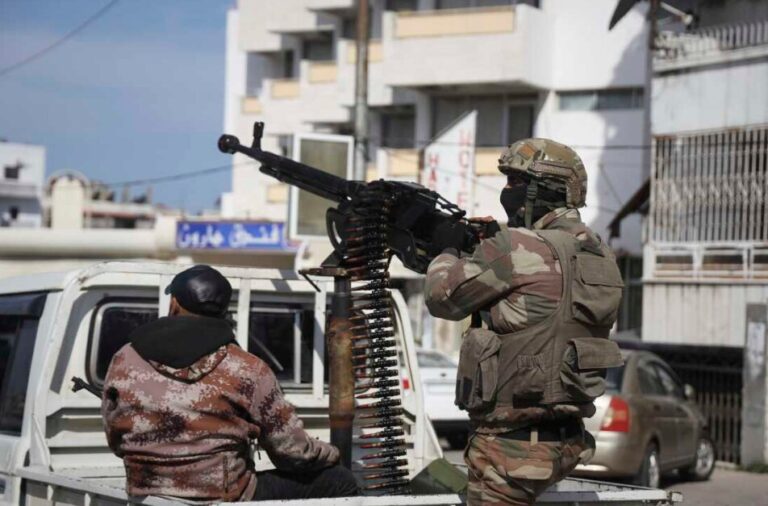US Moves Patriot Missile Defense System from South Korea to West Asia: Strategic Shift in Military Posture
In a significant development, the Patriot missile defense batteries of the U.S. Forces Korea (USFK) have been temporarily relocated to the Middle East. This decision marks the first instance of USFK assets being deployed to West Asia, as reported by The Korea Herald.
Recently, South Korea and the United States reached an agreement for this partial deployment, which is expected to last several months. This strategic move comes amid growing concerns regarding the shifting dynamics of military roles and responsibilities in the region, particularly in response to North Korea’s missile and nuclear threats.
Here are some key points regarding this historic deployment:
- First Relocation to the Middle East: This is the inaugural transfer of USFK’s Patriot Advanced Capability-3 systems to West Asia.
- Agreement Details: The arrangement was finalized last month between South Korean and U.S. military officials.
- Multilayered Defense System: The Patriot missiles will enhance South Korea’s existing air defense capabilities, forming a robust multilayered defense against potential threats from North Korea.
- Strategic Significance: The deployment reflects a proactive approach to countering regional threats and strengthening the security architecture in the area.
The decision to deploy these advanced missile systems is part of a broader strategy to bolster defense measures in the face of escalating tensions. The U.S. and South Korea have been closely monitoring the security landscape in East Asia, particularly with North Korea’s continued advancements in missile technology.
According to sources, the Patriot missile defense systems will work in conjunction with South Korea’s own air defense assets, creating a comprehensive shield against missile attacks. This collaboration underscores the importance of allied forces working together to maintain regional stability.
As tensions rise, the importance of effective missile defense systems cannot be overstated. The deployment of the Patriot missile systems is a clear signal of the U.S. commitment to its allies in the region. It also highlights the evolving nature of military partnerships and the need for agile responses to emerging threats.
The potential shift in the role of US Forces Korea is a topic of ongoing discussion among military analysts and policymakers. The deployment of these advanced defense systems may signify a reorientation of U.S. military strategy in the region, reflecting a more flexible approach to security challenges.
In summary, the temporary relocation of Patriot missile defense batteries to the Middle East is a landmark event that illustrates the dynamic nature of military alliances in addressing regional threats. As South Korea and the United States continue to enhance their defense collaboration, the implications of this deployment will be closely watched by observers worldwide.
It remains crucial for both nations to adapt to the changing security environment and ensure that their military capabilities are aligned with the challenges they face. The partnership between South Korea and the U.S. will likely evolve further as they respond to new developments on the global stage.
In conclusion, the deployment of the Patriot missile systems is not just a tactical move but also a strategic one, aimed at strengthening the defense posture against potential threats from North Korea and ensuring the security of the region. As the situation develops, the international community will be keenly observing the outcomes of this significant military deployment.






